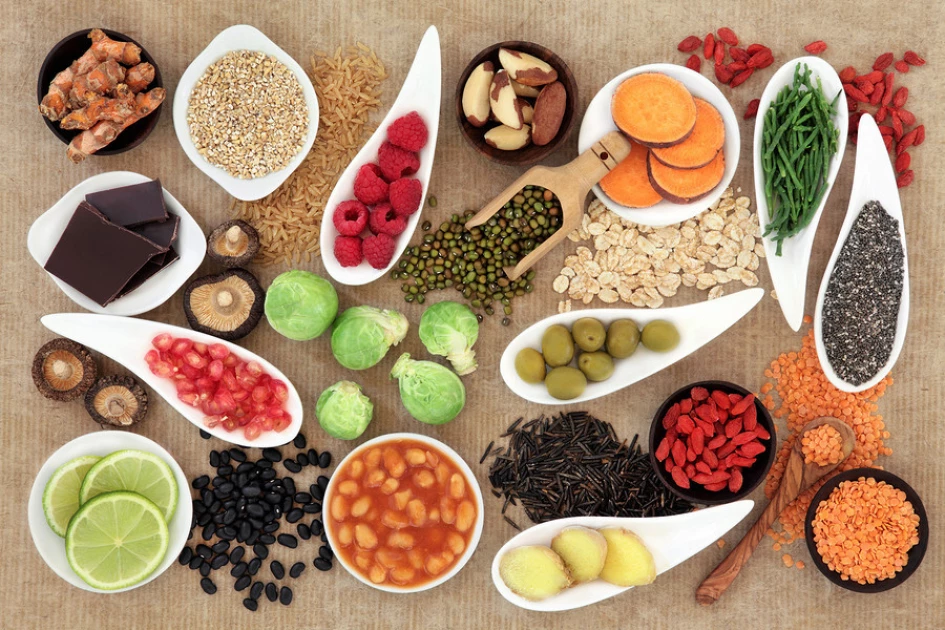Power for Food Partnership unveiled to strengthen local-led food and energy systems


Audio By Vocalize
The partnership aims at strengthening renewable, regenerative, and resilient locally-led food systems across Kenya and building a collaborative ecosystem that brings together communities, institutions, and enterprises across Kenya and the wider East Africa region, mobilising a movement for stronger, more integrated food and energy systems.
In Africa, nearly 80% of the rural population is employed in agriculture, yet many remain trapped in low-productivity, uncertain systems. Inputs are expensive, returns remain uncertain, and access to clean energy is limited - leaving rural communities vulnerable and economically constrained.
Most rural farmers still lack access to energy, unable to irrigate, process, or store produce.
Solar, irrigation, cold storage, and agro-processing exist, but uptake remains low due to affordability, policy barriers, and infrastructure gaps.
Marginalised groups, particularly women and youth, face structural barriers in accessing land, finance, technology, and decision-making spaces.
Addressing these inequities is central to any meaningful and inclusive shift in the systems that shape people’s lives.
The Power for Food Partnership aims to tackle these challenges by promoting integrated solutions that combine regenerative farming practices with renewable energy innovations.
The solutions intend to improve productivity, enhance resilience, reduce emissions, and expand economic opportunities, particularly for women and youth who are often excluded from decision-making spaces.
The partnership is aimed at supporting the transformation of our food systems through the combined adoption of regenerative agriculture (RA) and the productive use of renewable energy (PURE).
“Beyond a technical overlap, the focus on nexus points between regenerative agriculture and productive use of renewable energy, through better coordination, smarter, more inclusive investments and the primacy of stronger local leadership are vital to scaling outcomes,” said Rebecca Hallam, SNV Country Director Kenya and Burundi.
“In a time of increasing fragmentation, values-driven partnerships like this are a way to build the kind of enabling environment that long-term, inclusive and sustainable development actually requires,” added Rebecca.
By strengthening stakeholder engagement, supporting policy action, and building an enabling environment, the Power for Food Partnership seeks to build a collaborative ecosystem where the opportunities and needs of farmers in RA and the needs-based approach to PURE are collectively harnessed more effectively to further a more sustainable and resilient future.
Through a systemic approach to address interconnected crises, the programme points to catalyzing locally led innovations such as solar-powered irrigation, regenerative soil practices, and decentralised energy for post-harvest processing.
This is through collaboration between the national and county governments, civil society, and the private sector to improve policy and investment conditions, while gathering evidence to inform future scale.
Since 2019, IKEA Foundation and SNV through the Regenerative Agricultural Practices for Improved Livelihoods and Markets (REALMS) project partnered to support more inclusive and climate-resilient systems. The project demonstrated the power of collaboration between government and local stakeholders to achieve the envisaged transformation.
Across Kakamega, Bungoma, Uasin Gishu, Nakuru and Kericho, the project partnered closely to promote learning and create a conducive environment for the widespread adoption of RA practices.


Leave a Comment